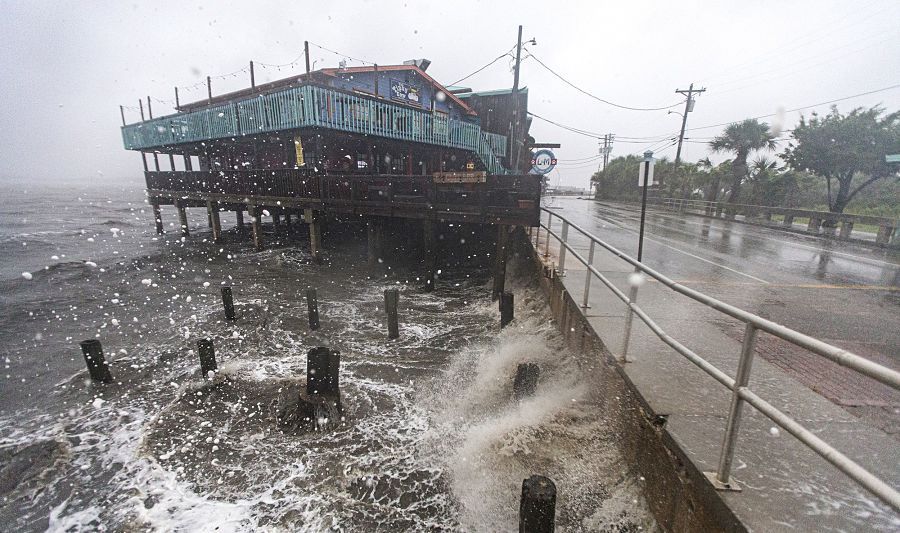The full report is close to 4,000 pages long, and we suspect you’re too busy to read it all. Here we’ve distilled some of the key findings:
● Scientists are more confident than ever that humans are to blame for the climate crisis. Climate models are more sophisticated than ever and the report’s authors are unequivocal in their assertions: Human activity has already increased the average global temperature up 1.1°C from its pre-Industrial Revolution average.
● No region will be spared the effects of climate change. Confirming what many already suspected, the IPCC report acknowledged that extreme weather events are becoming a more frequent occurrence across most regions worldwide. For every tenth of a degree that the planet warms, we can expect to see increasingly frequent and severe floods, droughts, hurricanes and heatwaves, as well as rising sea levels.
● We are projected to hit 1.5°C of warming in the next two decades, earlier than expected. Warming of 1.5° above pre-industrial levels is generally viewed as the threshold at which humans can limit the most devastating and irreversible effects of climate change. However, all is not futile: The report makes clear that we can still mitigate the worst impacts — slowing and even reversing the effects of global warming — if we double down on efforts to drastically reduce emissions.
● Methane is a major culprit in our warming climate. Though carbon dioxide remains the focus of many emissions reduction targets, the potent greenhouse gas methane accounts for a quarter of all emissions. The report indicates that an immediate and widespread reduction in methane emissions stands to not only curb global warming but also improve air quality. Still, CO2 is rightfully a target of ire: Recorded levels of the greenhouse gas were greater in 2019 than they had been in “at least two million years.”
● Climate change stands to impact food and water security. The IPCC notes that global warming of 1.5°C presents “climate-related risks to health, livelihoods, food security, water supply, human security, and economic growth,” issues that will worsen further still at 2°C. Tragically, it’s the most disadvantaged and vulnerable in society who will bear the immediate brunt.
Financially material risks related to climate change are poised to threaten investors’ returns — and the stability of the entire financial system — in the coming years (and perhaps sooner than first thought). As trusted fiduciaries, advisers should be thinking about how best to shield their clients from these threats.
There’s also a moral imperative: Humanity is facing an unprecedented challenge, and the financial services industry has a sizable role to play in effecting major change that preserves the planet for future generations. It’s been said that money talks, and now is the time to amplify our voices.
Will you answer this call to action?
Jay Lipman is cofounder and president at Ethic, a tech-enabled asset manager that works with wealth advisers to create personalized sustainable portfolios at scale.








